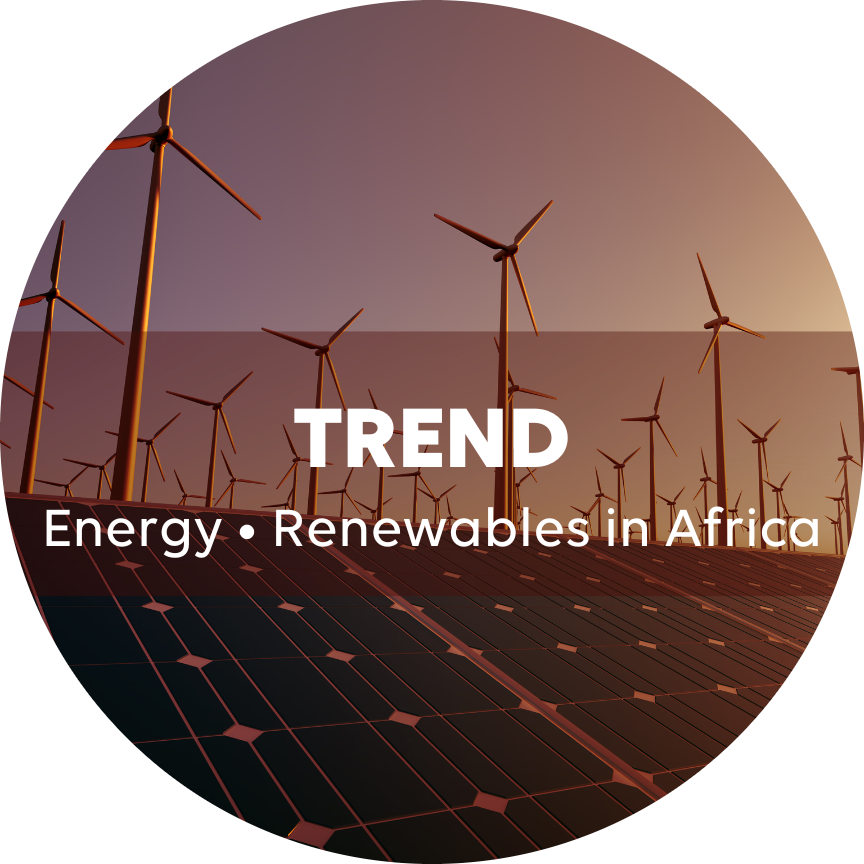Energy • Africa pursues the development of renewable energy, despite certain obstacles
Access to energy is a major challenge in Africa, which has one of the lowest rates of access to electricity. In a context marked by global warming, the continent is integrating the development of renewable energies into its energy policy, in order to catch up and reduce its dependence on fossil fuels.

Access to energy is one of the great challenges of the African continent, which has one of the lowest electricity access rates in the world. With global warming calling for an energy transition, the continent has chosen to integrate the development of renewables into its energy policy in order to catch up and to reduce its dependence on fossil fuels. While recent reports show an increase in installed renewable energy capacity thanks to identified funding mechanisms, they also reveal the urgent need for investment in order to reach the objectives set.
- Renewable generation capacities are on the rise on the African continent, as it structures its renewable energy market thanks to renewable power purchase agreements (PPAs)
- PPAs facilitate the establishment of independent power producers in Africa and the increase in renewable generation
- Legislation on the continent is evolving to facilitate use of Green PPAs and attract private investment
- The adoption of PPAs by heavy users, like the mining industry, is still nascent in Africa
The overall rate of investment remains insufficient to meet the energy transition objectives that the continent has set for itself. While reforms have already been initiated by some States to attract investment, these must spread to the entire continent, particularly to West Africa, to create an environment conducive to the accelerated development of installed renewable capacities.



